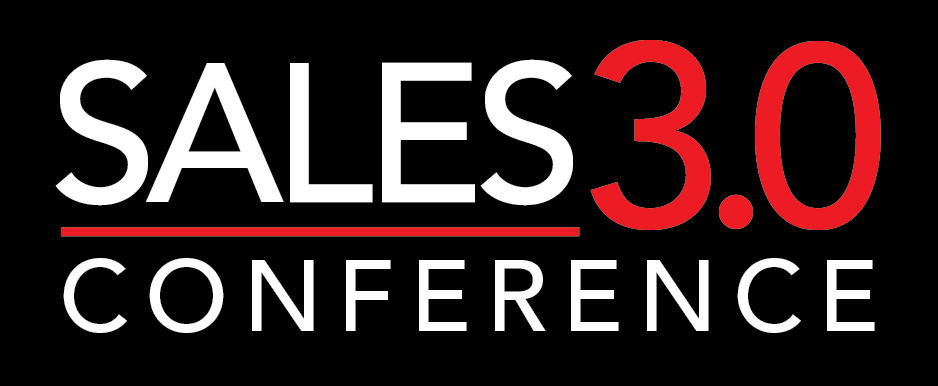Your salespeople need the right sales enablement tools and guidance to make the best deals possible.
There is perhaps no better example of this than in the negotiation of sales contracts. In terms of negotiating position and sales performance, companies are losing value on every deal that doesn’t consider the potential of intelligence drawn from previously executed contracts.
The Power of Sales Contract Renewals
It’s especially important when considering that contract review and renewal is often a long process. If a deal falls through, the company has wasted time and resources that went into winning that lead, the effort to convert it, or the opportunity to accrue better terms when the contract is up for review.
Anyone negotating contracts must consider the following points:
- Enforcement of customer obligations
- Understanding of liabilities and exposure
- Adherence to regulated business practices
Making contracts more meaningful to both parties also depends on extracting customer intelligence for better contract governance, and potential upsell or cross-sell of products and services to maximize the total value of a deal.
What Are Your Sales Contract Analytics?
According to CSO Insights, scattered information that is inaccessible to sales reps is cited by 40 percent of organizations as a significant impediment to their sales process, and 56 percent of negotiators say they are dissatisfied with their ability to gain accurate and useful data.
New analytics tools now provide sales teams with insights to streamline contracting and drive revenue. Contract analytics technology, driven by built-for-purpose artificial intelligence (AI), can effectively increase the velocity of deal making.
By facilitating sales with AI, salespeople can gain real and lasting insight from contract data.
And sales leaders can get quantitative metrics on cost savings and increased efficiency that a current or potential deal represents. This will help sales teams identify contractual terms responsible for revenue increases, and improve funnel conversion rates and pipeline visibility.
Using AI to Create Stronger Sales Strategies
Without a clear focus and intention when automating sales processes, the benefits of any sales enablement technology are inherently limited – and contract analytics are no exception.
In the heat of the moment, the sales rep’s top priority is closing the deal. It’s not uncommon for reps to modify contract terms or make concessions to keep the deal moving forward.
Artificial intelligence has advanced to such a level that it is now possible to extract information out of a vast portfolio of sales contracts, siloed across different networks and repositories – making it easy to search for, sort, review, and compare contract and customer data.
For example, a contract analytics engine powered by AI can be applied simultaneously across multiple servers and shared drives throughout a firm, even in geographically dispersed organizations, to find and organize sales contracts efficiently and with great precision. These software tools sort contracts based on type and the associated intelligence meant to be derived from them, and place them into a searchable, centralized repository.
Analytics can then be applied to intelligently find clauses and terms that, for instance:
- Specify customer obligations
- Flag company obligations to customers
- Address revenue recognition requirements
- Manage complex or dynamic pricing models
Sales teams can then find and analyze customer data to create stronger strategies for customer service, and support sales engagement by revealing additional avenues for upsell and cross-sell.
These tools can integrate with CRM to feed contract data into the systems that sales and customer support use to achieve greater lift across all customer-facing programs. For example, Seal Software provides a Salesforce-powered professional-services offering to shorten the time and lower the cost to integrate the two platforms, and ensure the relevant contract data is complete, accurate, and associated with each customer within Salesforce.
Maximizing the effectiveness of the entire sales cycle means the data within contracts must also be used to define and refine sales models. Armed with insight extracted from contracts, companies can make important decisions about business strategy, extend the value of existing contracts, and enter future negotiations with customers from a position of strength.

Steve Tucker is senior vice president, sales, at Seal Software. He has spent over 25 years as a sales and procurement executive, having served with many of the world’s most successful companies, including roles with cloud-based contracting provider Hubwoo and professional-services company Intersources. Tucker holds a B.A. (Hons.) in Business Economics from the University of West London.




